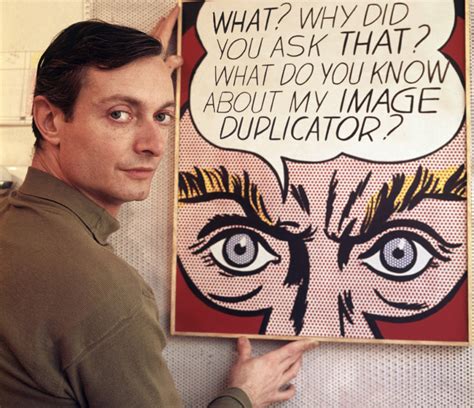A Quote by Roy Basler
To know the truth of history is to realize its ultimate myth and its inevitable ambiguity.
Related Quotes
As a novelist, I cannot occupy myself with "characters," or at any rate central ones, who lack panache, in one or another sense, who would be incapable of a major action or a major passion, or who have not a touch of the ambiguity, the ultimate unaccountability, the enlarging mistiness of persons "in history." History, as more austerely I now know it, is not romantic. But I am.
From the viewpoint of absolute truth, what we feel and experience in our ordinary daily life is all delusion. Of all the various delusions, the sense of discrimination between oneself and others is the worst form, as it creates nothing but unpleasantness for both sides. If we can realize and meditate on ultimate truth, it will cleanse our impurities of mind and thus eradicate the sense of discrimination. This will help to create true love for one another. The search for ultimate truth is, therefore, vitally important.







































